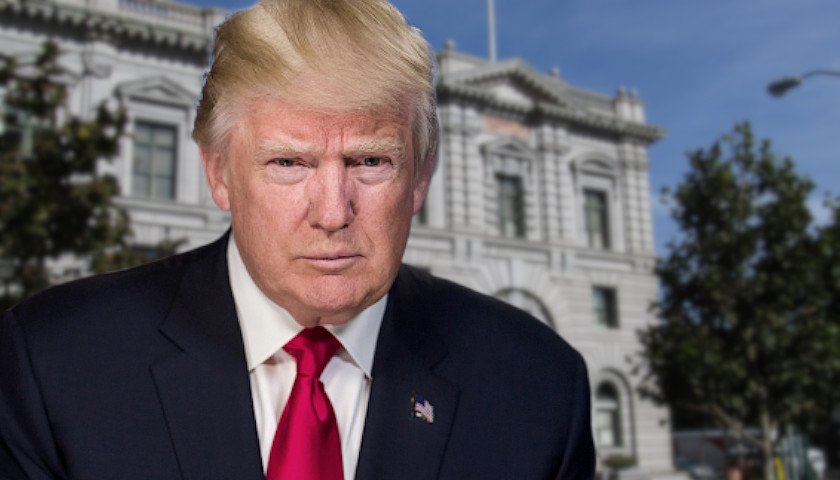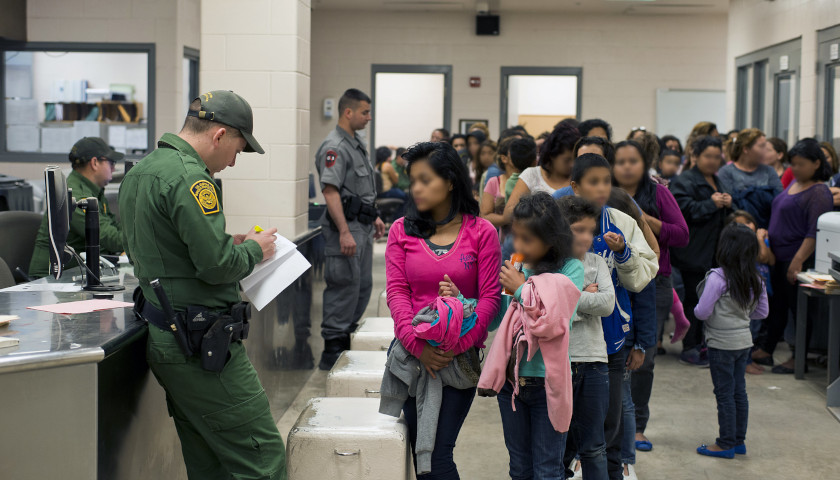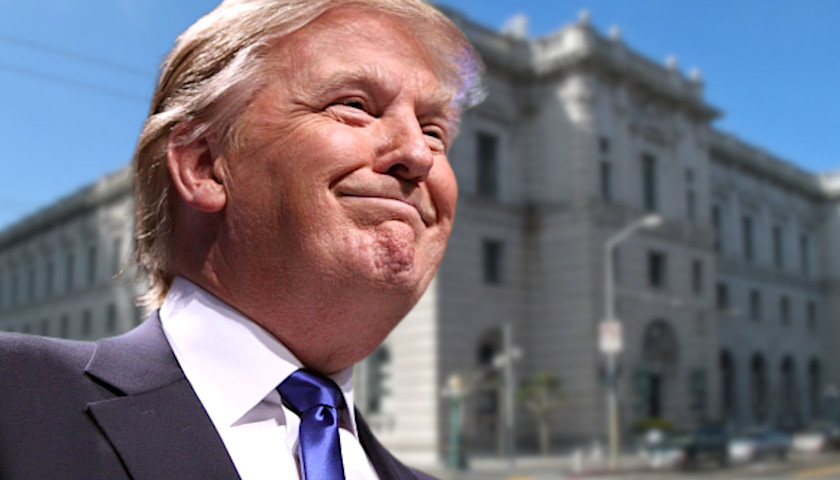The United States Constitution does contain a few references relative to immigration and naturalization as well as to persons seeking to enter the United States in contravention of its laws — whether violently or non-violently and whether singly or in the form of a human tsunami. In its Article I, Section 8, Clause 4, the Constitution specifically grants Congress the power “To establish a uniform Rule of Naturalization….” By expressly allocating this capacity to Congress, the Constitution seeks to prevent the confusion which would inevitably result if an individual state could itself bestow U.S. citizenship upon a person not born within the boundaries of that — or any other — state. Construing Clause 4, the United States Supreme Court, in the 1892 case of Boyd v. Nebraska ex rel. Thayer, defined “naturalization” as “…the act of adopting a foreigner, and clothing him with the privileges of a native [U.S.] citizen.” In Clause 11 of that same Article I, Section 8, the Constitution authorizes Congress “To declare War…and make Rules concerning Captures on Land and Water….” Interpreting Clause 11, the High Court ruled in the 1795 case of Penhallow v. Doane that the war power of the United States government is…
Read the full story





